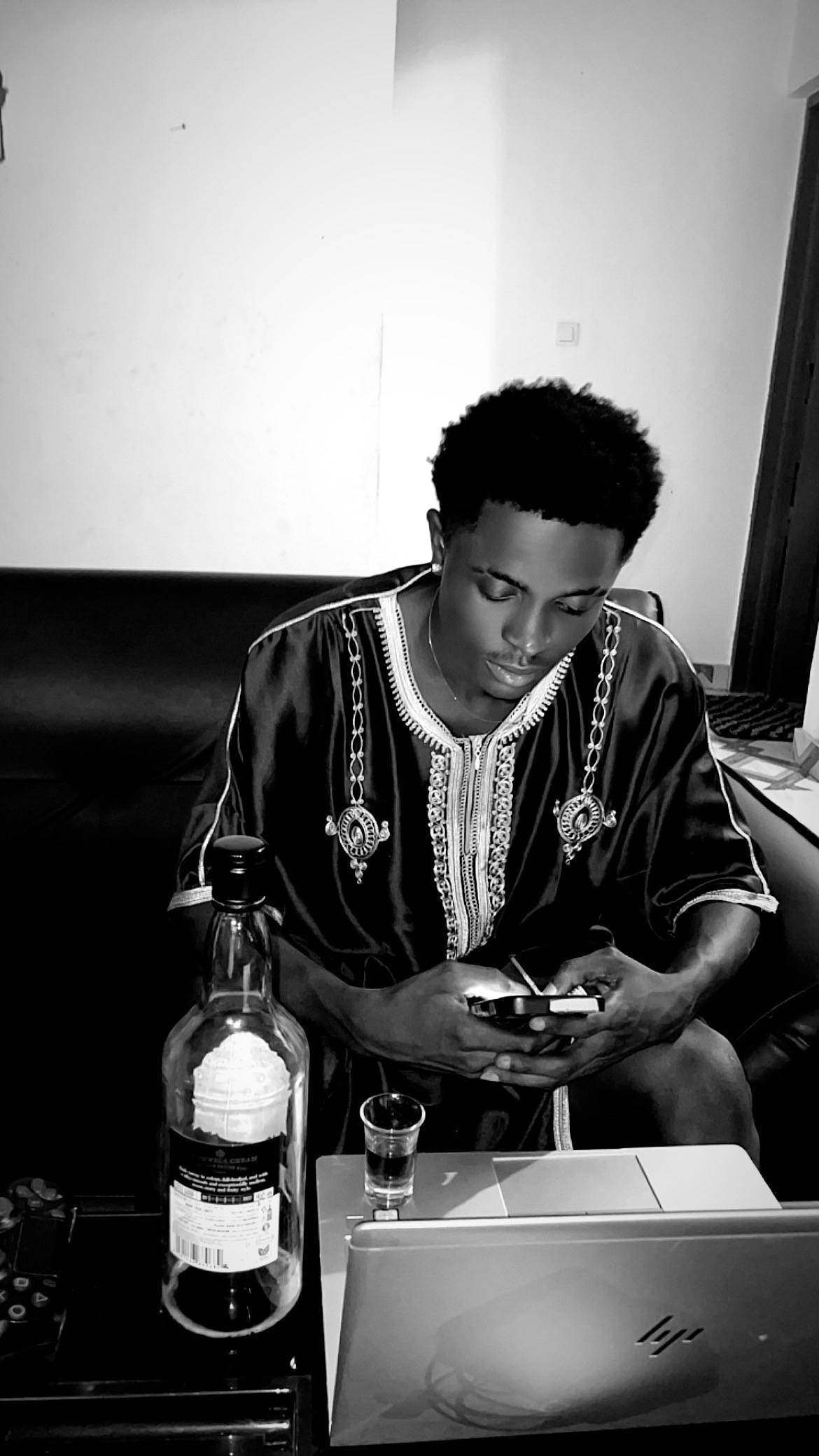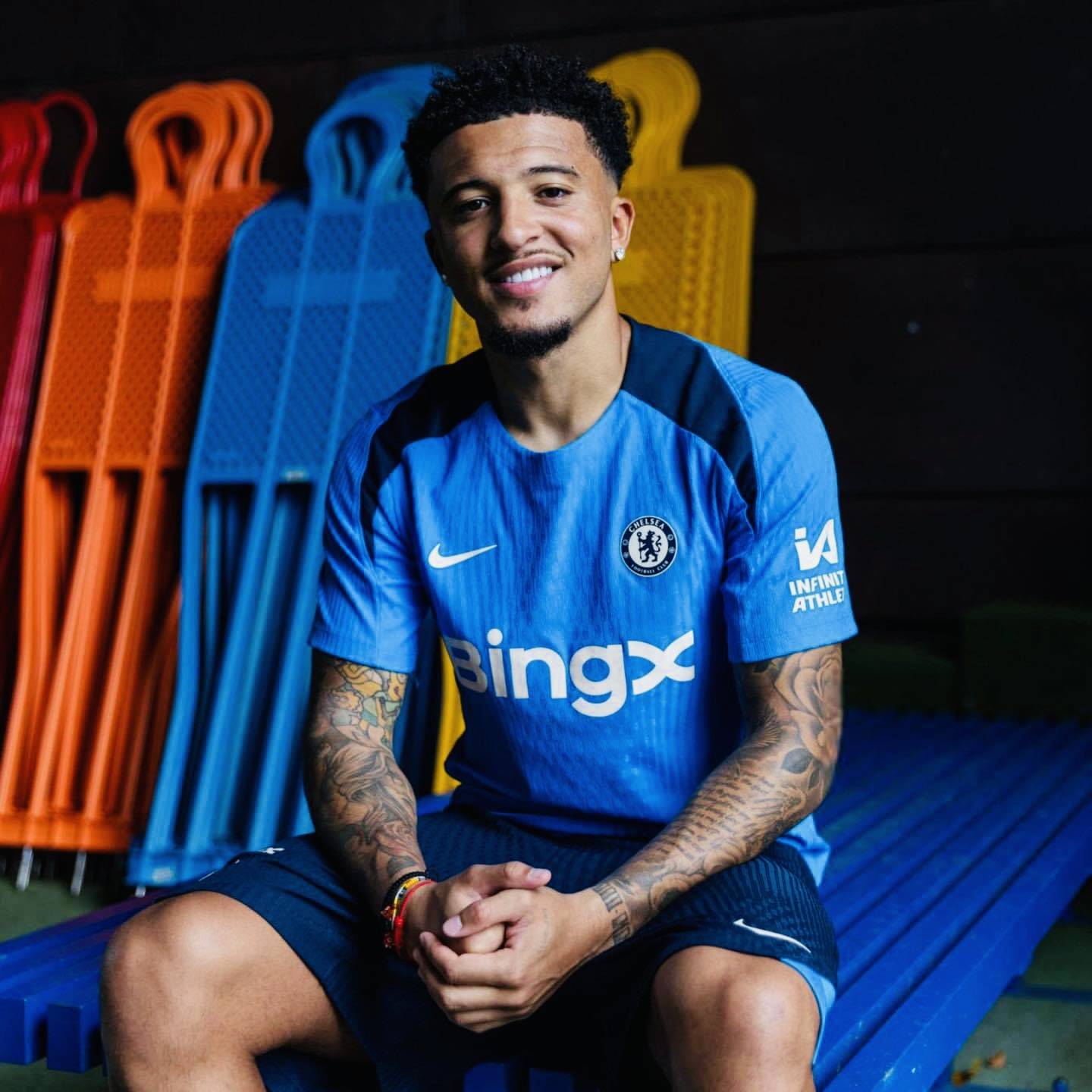Dan Ashworth, when asked about Manchester United's decision to sell Jadon Sancho, provided insight into the club's reasoning. He explained that the decision was largely based on the team's strong depth in the wide attacking positions. According to Ashworth, Manchester United's management assessed the roster and concluded they already had sufficient quality and depth among their existing wide players. Sancho was seen as surplus to the requirements in that specific role, given that the club had four players who could competently cover the wide positions, making him effectively a fifth option. This, Ashworth noted, allowed the club to justify his sale.
Ashworth’s statement highlights a common strategy in football management: maintaining a balanced squad where each position is adequately covered without having an excess of players who are unlikely to see much game time. Clubs often need to make tough decisions about which players to keep and which to let go. In this case, it appears that Manchester United's coaching staff and management believed they were in a strong enough position to part ways with Sancho, a player who, despite his talents, was not seen as indispensable within the squad's current configuration.
The decision to sell a player like Sancho could be influenced by multiple factors, and Ashworth's comments suggest that squad depth was a key consideration. Having "four really good wide players" means the club has multiple reliable options in those positions. Each of these players likely brings different qualities to the table, such as speed, creativity, or tactical awareness, which provide the team with various options depending on the type of opponent they are facing or the tactical setup the manager wants to implement. If these four players are performing well and contributing significantly, then the club may have felt that Sancho, while talented, did not offer a sufficiently unique or superior alternative to justify keeping him, especially considering his value in the transfer market.
Selling Sancho might have also been a move to balance the books. Manchester United, like all major clubs, must operate within certain financial parameters, especially with the introduction of financial fair play regulations that aim to prevent clubs from spending beyond their means. A player like Sancho, who commands a high transfer fee, presents an opportunity for the club to recoup significant funds that could be reinvested elsewhere in the squad. For example, the money generated from Sancho's sale could be used to strengthen other areas of the team that are deemed weaker or in need of reinforcement. Alternatively, the funds might be allocated to contract renewals, signing new talents, or investing in youth development.
Furthermore, there may have been considerations beyond just the depth of the squad. A player's adaptability, attitude, and fit within the team's broader tactical vision are crucial aspects for a club when making transfer decisions. Sancho, while undeniably a skilled player, may not have aligned perfectly with the playing style that Manchester United aims to adopt under their current management. Each manager has a specific tactical philosophy and may prefer certain types of players who fit their system more effectively. If Sancho did not align with the tactical direction in which the manager wanted to take the team, this could have been another reason for the decision to sell him.
Lastly, player morale and dynamics within the team can also play a role in such decisions. Having too many players vying for the same positions can create tension or dissatisfaction, particularly if some feel they are not getting sufficient opportunities to play. Selling Sancho could have been a way to ensure a more harmonious squad, with clearer pecking orders and less competition for limited playing time. In doing so, Manchester United might hope to maintain a positive atmosphere within the team, which is essential for fostering unity and collective performance over a long season.
In conclusion, while the sale of Jadon Sancho might have surprised some fans given his talent and potential, Ashworth’s remarks make it clear that the decision was a calculated one, taking into account the existing squad depth, financial considerations, tactical alignment, and team dynamics. It underscores the complexity of squad management at the highest level of football, where decisions are rarely about just one factor but rather a combination of many, all aimed at optimizing the club's performance both on and off the pitch.




No comments yet
Be the first to share your thoughts!